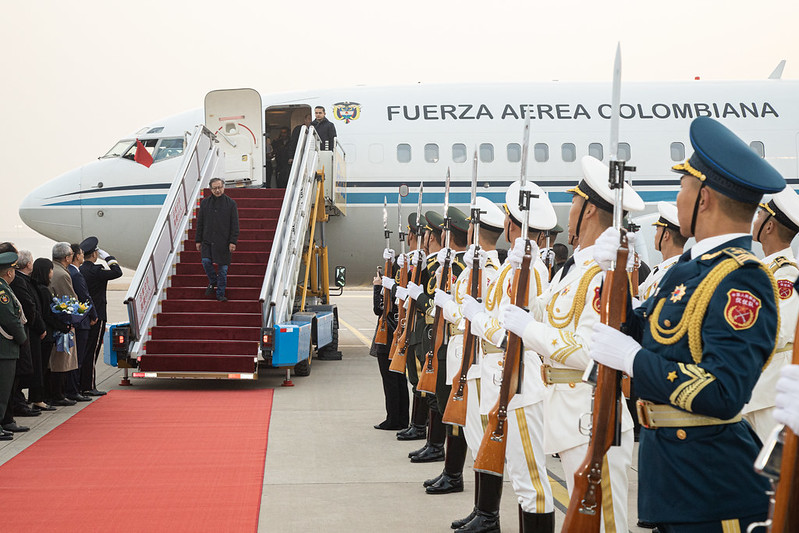The Politics Of Disaster Relief
After a 7.0 magnitude earthquake struck Haiti, the aftershock reached China in ways that few anticipated.The earthquake forced Chinese leaders to navigate the tricky politics of disaster relief.
Colombian President Gustavo Petro’s visit to Beijing in October amounted to a notable — if quite small — step forward for China and Colombia, building on growing trade and other ties, while also laying the groundwork for cooperation on issues, such as media and security, which China has promoted across the region.
Colombia remains among the countries in Latin America that have been slower to embrace China as a major partner, whether in economic terms or on issues of political interest. This is due in some part to the long-standing US-Colombia partnership, which continues to bear fruit despite policy differences between the Biden and Petro governments. The United States is Colombia’s largest export partner and a top donor, having provided over $677 million in assistance in 2022. This included extensive support for the Colombian government’s counternarcotics strategy and the continued implementation of its peace accord with the Revolutionary Armed Forces of Colombia (FARC).
US-Colombia relations no doubt loomed over the Xi-Petro exchange last month, prompting some degree of restraint. But Colombia-China plans aren’t clearly on the fast track in any case — especially as China’s deals there encounter ongoing obstacles, and as the Petro government struggles to advance its myriad domestic policy objectives.
[...]
After a 7.0 magnitude earthquake struck Haiti, the aftershock reached China in ways that few anticipated.The earthquake forced Chinese leaders to navigate the tricky politics of disaster relief.
Despite reports in recent months that Mexican manufacturing is experiencing a resurgence, Mexico’s industrial sector faces tremendous challenges.
With no time to lose, Colombia’s newly appointed Director of National Planning has gotten to work on an ambitious agenda.
 Public Domain / Office of the Colombian President via USIP
Public Domain / Office of the Colombian President via USIP
 Video
Video